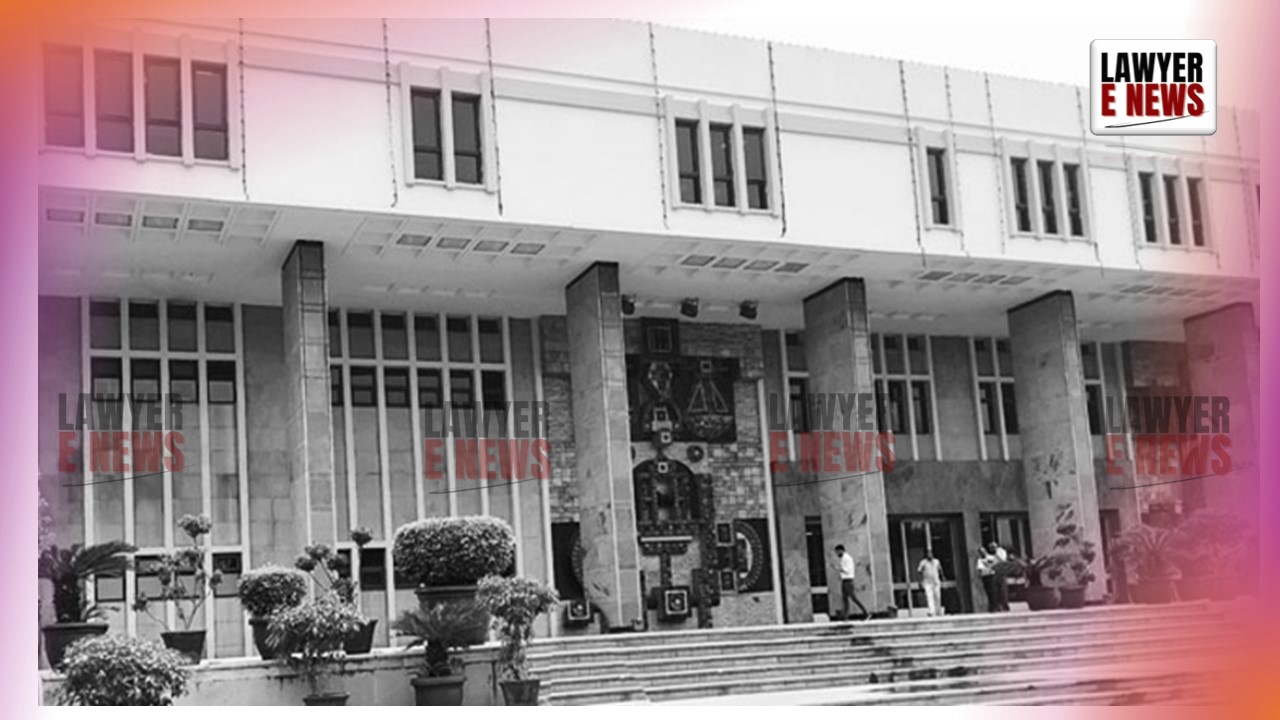-
by Admin
15 February 2026 2:36 AM



Delhi High Court dismissed an appeal challenging the acquittal of a man accused of sexual assault under the Indian Penal Code (IPC) and the Protection of Children from Sexual Offences (POCSO) Act. Justice Manoj Kumar Ohri found no reason to overturn the trial court’s findings, which were based on inconsistencies in the complainant's statements, a significant reporting delay, and a lack of corroborative medical evidence.
The appellant, mother of the minor victim, alleged that on June 21, 2021, the accused (the victim's father) attempted to lower the child’s underclothing. The complaint, however, was registered only on August 14, 2021—52 days after the incident. The appellant argued that the trial court improperly dismissed key evidence and failed to apply the presumption under Section 29 of the POCSO Act, which shifts the burden of proof to the accused.
Justice Ohri emphasized that the delay in reporting the alleged incident, combined with inconsistent statements, undermined the credibility of the prosecution's case. The court acknowledged that while delays are not uncommon in sexual assault cases, such delays must be reasonably explained to sustain the credibility of the allegations. Here, the delay raised doubts about the veracity of the claims, particularly as the complainant had prior unresolved disputes with the accused, including dowry demands and other allegations.
“While the court acknowledges the need for leverage in cases of delay in reporting sexual offences, it is in these facts that the Trial Court observed significant delay in the reporting of the alleged incident and the possibility of false accusations”.
The Court discussed the application of Section 29 of the POCSO Act, which places a presumption of guilt on the accused. However, Justice Ohri clarified that this presumption could be rebutted when credible evidence, such as inconsistencies or a lack of corroboration, exists. In this case, the trial court found sufficient contradictions and a lack of medical evidence to rebut the presumption under Section 29.
The judgment emphasized that an appellate court should intervene in an acquittal only if the findings are demonstrably unreasonable or perverse, as highlighted by the Supreme Court in Jafarudheen & Ors. v. State of Kerala and Anwar Ali & Anr. v. State of Himachal Pradesh. Justice Ohri observed:
“A decision of acquittal strengthens the presumption of innocence in favor of the accused. The appellate court should be slow in reversing an order of acquittal passed by the trial court”.
The High Court concluded that the trial court's acquittal order was well-founded, as it reasonably weighed the evidence and did not rely on conjecture. The delay in filing, combined with inconsistencies and the lack of medical evidence, justified upholding the acquittal.
Date of Decision: November 6, 2024
